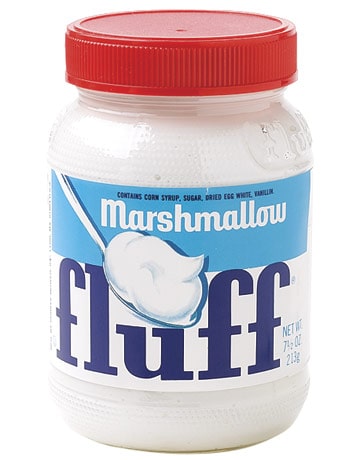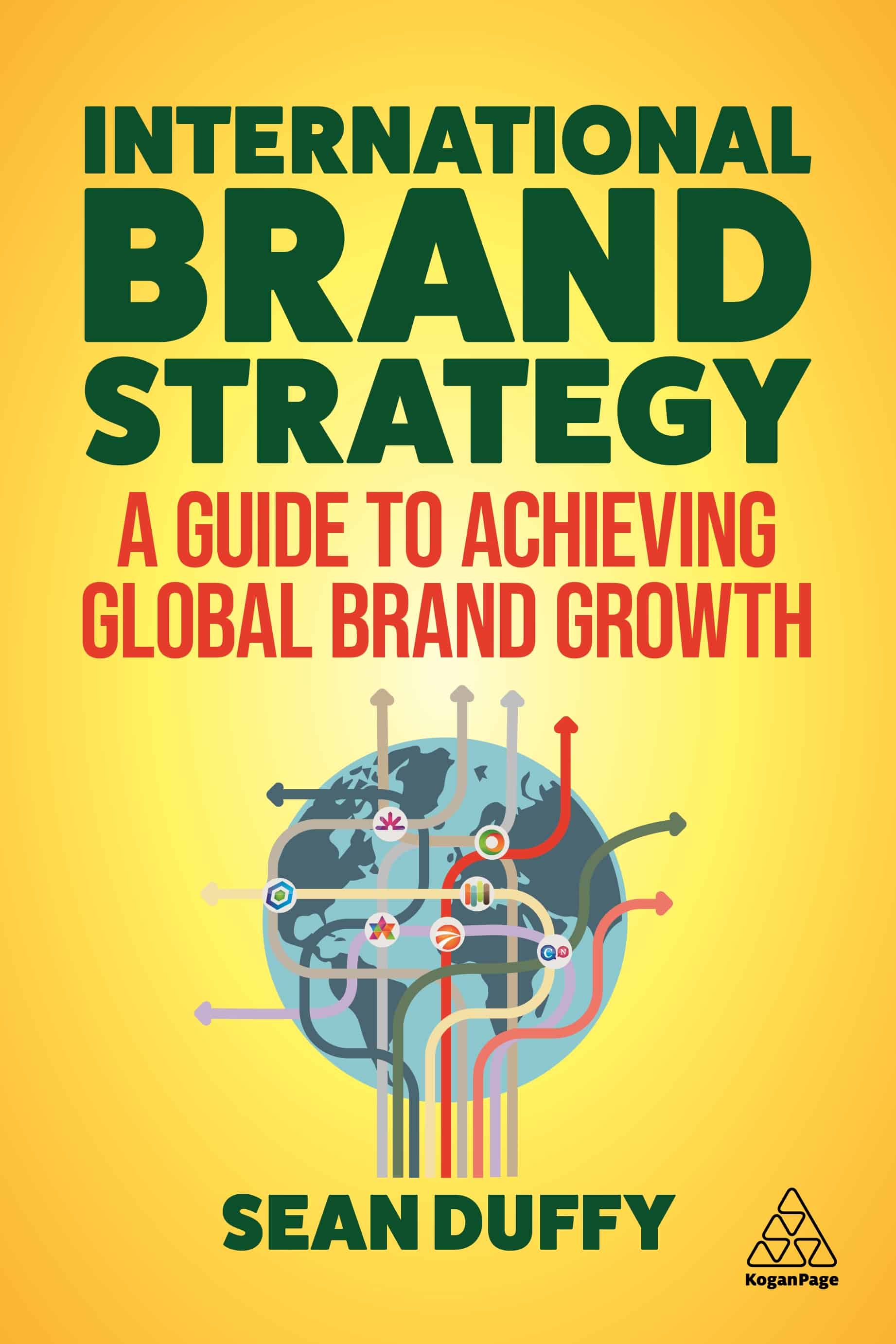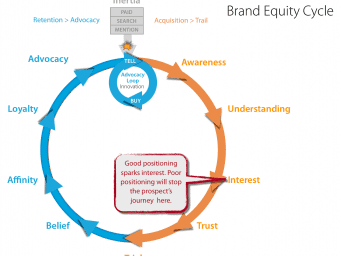Time for marketers to stop talking about branding
Many business people are openly dismissive of “branding” as meaningless fluff. I agree. Twenty-odd years of brand consulting has...
16 Apr 2014 11365 ViewsMany business people are openly dismissive of “branding” as meaningless fluff. I agree. Twenty-odd years of brand consulting has convinced me that they’re right. The word “branding” itself has no more substance than a dust bunny and about as much impact on the bottom line. That’s why if brand management means anything to your company, take this advice: Ditch the word “branding.” Ban it outright. Its use inside your company can only retard your brand management efforts and is guaranteed to irritate any stakeholder concerned with serious business issues like production, distribution, sales and finance.
 Personally, I’m wary of any verb that was hastily assembled by grabbing the nearest noun and adding “ing” to the end. But “branding” is in a class of its own. Never has a noun as simple and direct as a “brand” been twisted into something as bewildering and meaningless as the verb “branding”. To illustrate this, let’s apply the same wordsmithing technique to the noun “car.” There! You and I have just invented a new verb: An activity called “carring”.
Personally, I’m wary of any verb that was hastily assembled by grabbing the nearest noun and adding “ing” to the end. But “branding” is in a class of its own. Never has a noun as simple and direct as a “brand” been twisted into something as bewildering and meaningless as the verb “branding”. To illustrate this, let’s apply the same wordsmithing technique to the noun “car.” There! You and I have just invented a new verb: An activity called “carring”.
OK, so I call and tell you, “I’m carring”. What does that mean? Does it mean I’m driving a car, riding in a car, racing a car, making model cars, playing with Hot Wheels, sitting in a lawn chair on an overpass watching cars drive by, playing rally games online, washing my car, repairing my car, shopping for a car, or watching an animated Pixar film set in Radiator Springs? It could be any of above. Since there is no real definition for the word, it is defined by default as: Some activity sort-of related to the word car in some way. Not very precise. Beyond narrowing down my activity, it communicates nothing. Worse still, it fuels misinterpretation — the antithesis of communication. So can we all agree that the word “carring” is pretty bad idea? If so, hold that thought for one moment.
Consider the phrase, “I’m branding.” What does that mean? To me it means the physical activity of applying a name or other symbol to an object, like wrestling with a steer to burn initials into its hide (i.e., “I’m branding this cattle”), slapping a Chiquita sticker on a banana (i.e. “I’m branding this banana), or screwing the hood ornament onto a Mercedes (i.e., “I’m branding this car). But that’s just me. When I hear others using the word I know that it could mean any one of a hundred different activities sort-of related to any of the 70 brand derivatives below. Each of these terms is related to the brand and important to brand management, but that’s about where the similarity between them ends.
 So while “branding” is most certainly a nebulous ball of marketing fluff, the 70 terms above are not. Not by a long stretch. This is the more nuanced terminology that sharp marketers use when discussing their brands. That’s because they know that managed properly these elements will:
So while “branding” is most certainly a nebulous ball of marketing fluff, the 70 terms above are not. Not by a long stretch. This is the more nuanced terminology that sharp marketers use when discussing their brands. That’s because they know that managed properly these elements will:
- Influence market demand for their product
- Create barriers for competitors
- Optimize the probability of future sales
- Maintain profit margins
In other words: The important stuff.
In popular usage, crafting and/or managing these elements in aggregate is the activity of “branding.” But if we used the correct words for these elements, we could probably craft and manage them even better. Marketers who think in terms of “branding” gloss over these distinctions. Instead, they clump 70 distinct marketing concepts and the hundreds of activities that surround their management into the same word. That’s insane. To these marketers, managing a brand must seem like a nebulous endeavor of blind trial and error where the safest bet is simply to copy the competitors.
If you’re having problems with your brand, chances are the answer lies in one or more of the different aspects listed above. But you’ll never be able to see it, no less fix it, if you don’t start getting more specific. And the best way to do that is to stop talking about “branding” and, instead, focus on something that really matters.
Like this post? You'll find more marketing insights in my new book: International Brand Strategy: A guide to achieving global brand growth, now available from booksellers globally. Order your copy here.






